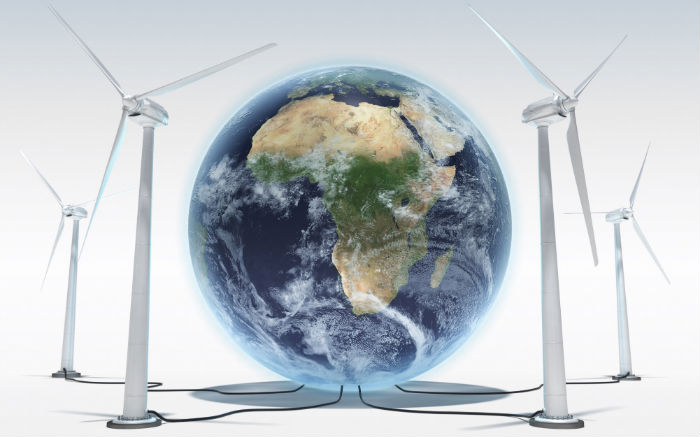How To Adapt To The New Energy World?
Increasing pressures on the global energy system have led to heightened fragility and uncertainty.

The UAE’s role is also important as it intends to increase oil production capacity to approximately 3.5 MB/D by 2018. Abu Dhabi Marine Operating Company, majority-owned by ADNOC, plans to invest some $10 billion in developing two offshore fields to boost crude output by 2017. Additionally, Abu Dhabi aims to start producing sour gas in 2014 from a $10 billion venture with Occidental at its onshore Shah field.
Qatar with its huge gas reserves (estimated in 900 trillion cubic feet of gas reserves, the world’s third largest after Russia and Iran) in its offshore North Field also continues to pursue upstream gas exploration. Indeed, earlier in March, Qatar Petroleum and Germany’s Wintershall announced a new offshore discovery.
Even with these sources of supply, the increasing fragility of the global energy system has translated into more volatility in pricing and increased costs.
Demand growth has collided with constrained supply, necessitating a shift from conventional to unconventional, from simple to complex, and from easy to difficult. Although not all energy sources are becoming more expensive (e.g. US natural gas prices have fallen due to new supplies of shale gas), it is a fact that oil has moved up the steep shoulder of the supply curve, tapping more expensive sources to maintain global supply.
ADAPTABILITY IS KEY
Companies must be able to manage the challenges of this new landscape to flourish. For upstream producers, this means both optimising their assets and managing the multiple dimensions of risk, be it commercial, technical, operational, or political. Energy utilities and consumers alike will also increasingly need to build flexibility into their energy strategy with a clear understanding of the value of optionality and, where necessary, broadening their portfolios and actively hedging against the supply hazards.
Essentially, in the newly complex, volatile, and costly global energy landscape, both producers and consumers need two fundamental capabilities: a sound strategic outlook and the ability to adapt.
All stakeholders – from governments to power utilities, from National Oil Companies to oil and gas super majors to commodity traders – must shape their strategic outlook, formulate long-term plans, and prepare for the unexpected.
Through scenario analysis, war gaming, and creative strategic planning, stakeholders can ensure that they are equipped to navigate a complex and uncertain energy future and become competitively differentiated.
Alvaro M. de Bourio is project leader and Jake Leslie Melville is partner and managing director, The Boston Consulting Group (Dubai)
